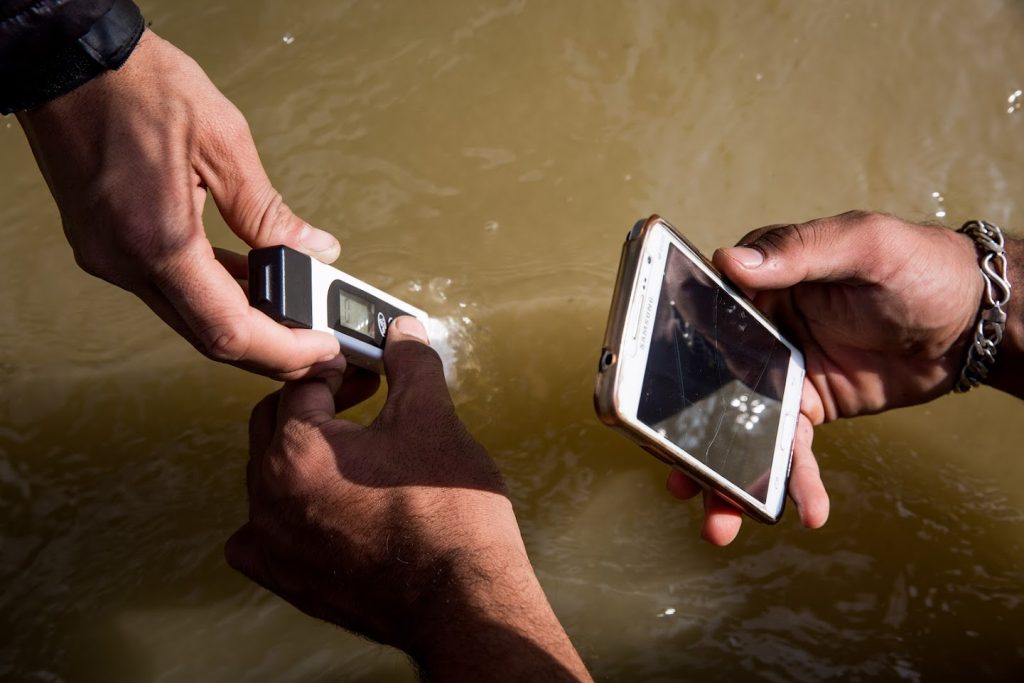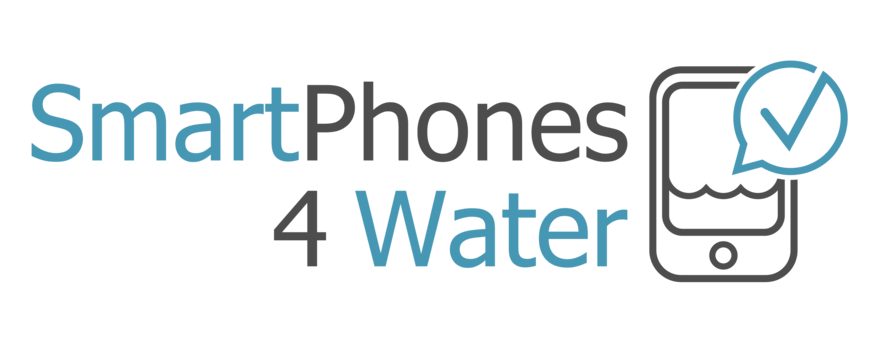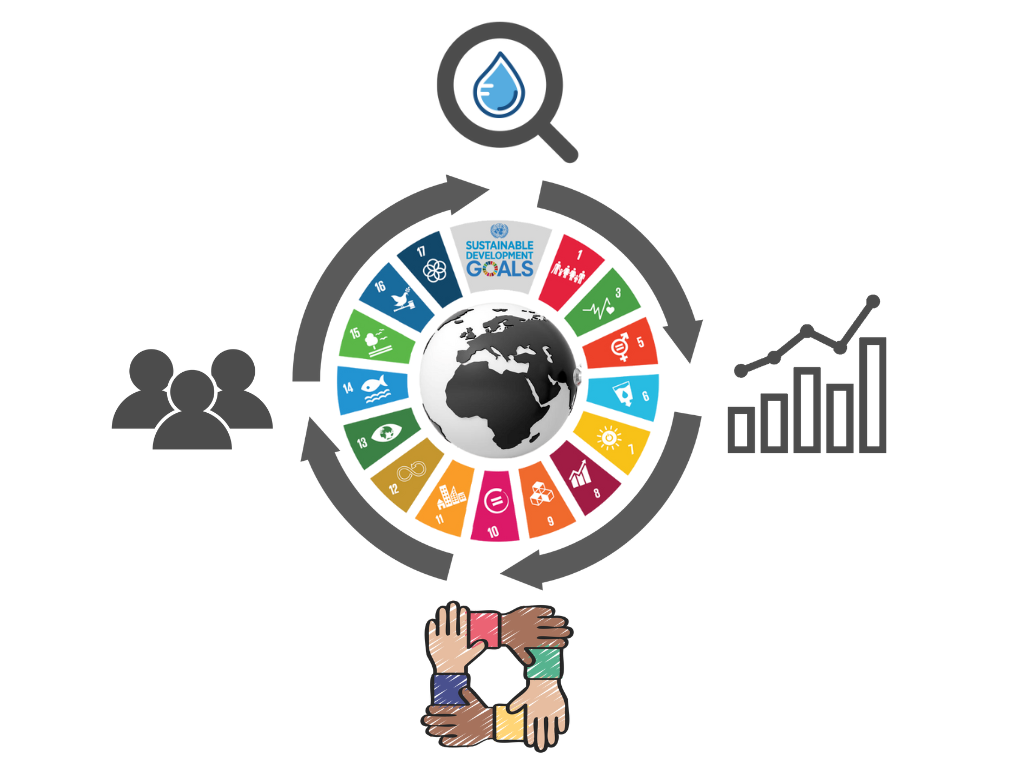Citizen Scientists help understand water: a step towards sustainable transformation
By Rocky Talchabhadel & Rajaram Prajapati.
Citizen Science is a powerful tool that can be applied in various contexts related to themes raised for World Water Day (“2023: Accelerating Change”) and World Meteorological Day (“2023: The Future of Weather, Climate and Water across Generations”), as well as Sustainable Development Goal 6 (“SDG-6: Clean Water and Sanitation for all people by 2030”), and several climate change mitigations and adaptations. Similarly, SDG-13 (“Climate Action”) recognizes that climate change is one of the biggest challenges facing the world today and urgent action is needed to reduce its impact, both through mitigation and adaptation efforts.

It is difficult to make informed decisions or understand the effectiveness of certain actions without accurate measurement or data. Without proper measurements, it can be challenging to determine whether a particular strategy or approach is effective or not. Citizen Science can play a pivotal role in data collection by engaging the public in scientific research projects, which can generate valuable information for effective policy-making and decision-making, as well as increase awareness and understanding of environmental issues. By filling gaps in scientific knowledge, Citizen Science can support evidence-based decision-making on water management, weather, climate, and hydrologic forecasting and modeling. In the context of Nepal, as a supplement to the government’s efforts, SmartPhones4Water (S4W), a US-based non-profit research organization, has been conducting a citizen science-based water monitoring campaign in the Kathmandu Valley since 2017 [through its Nepal chapter, Smartphones For Water Nepal (S4W-Nepal)]. S4W-Nepal has mobilized more than 500 citizen scientists to measure a range of water-related parameters, such as rainfall, stream flow, water quality, land use, suspended sediment, and groundwater levels and quality. They achieve this using affordable technology that is paired with mobile phones. The initiative is dominantly led by young researchers who gather and analyze data and recommend research-based solutions to stakeholders and policymakers concerning water management issues. S4W-Nepal has even developed a low-cost rain gauge (average cost of nearly 1 USD for one rain gauge) from recycled transparent plastic bottles and utilizes an open-source smartphone application called Open Data Kit (ODK) Collect for data collection and transmission. In a nutshell, S4W-Nepal is attempting to bridge the data gap and provide additional information to a wide range of stakeholders, by involving citizens and employing mobile technology.
The citizen science approach employed by S4W-Nepal has numerous benefits, such as the ability to quickly and inexpensively mobilize large-scale water monitoring efforts, as well as involving community members and young researchers as citizen scientists. Their efforts have been critical in addressing data gaps within the Kathmandu Valley, improving the understanding of the impact of micro-climates, establishing baseline data on several components of the hydrologic process, including precipitation, shallow groundwater (water level and quality), and headwater streamflow. These data are crucial for estimating the baseflow of the Bagmati River and other tributaries. Additionally, downstream stream discharge and suspended sediment data have been instrumental in monitoring and managing urban floods in several of the Bagmati River’s tributaries. However, S4W faces the challenge of making these efforts sustainable by ensuring long-term external funds or convincing local government agencies to collaborate on sustainable water monitoring. Despite this challenge, S4W’s citizen science project has demonstrated its effectiveness in addressing data gaps and providing valuable information to policymakers and researchers regarding water resources in the region. Importantly, these initiatives have raised awareness of environmental issues, promote community engagement and participation in climate action, and foster collaboration and engagement among diverse stakeholders. A take-home message is that Citizen Science can empower individuals and communities to take action toward a sustainable future for all generations, contributing to the achievement of SDG-6 and enhancing resilience in the face of climate change impacts.

Rajaram Prajapati is the Global Ambassador of S4W and Founder and Country Director of S4W-Nepal, and Rocky Talchabhadel is a Research Scientist at Texas A&M University.
Citizen Scientists help understand water: a step towards sustainable transformation Read More »

